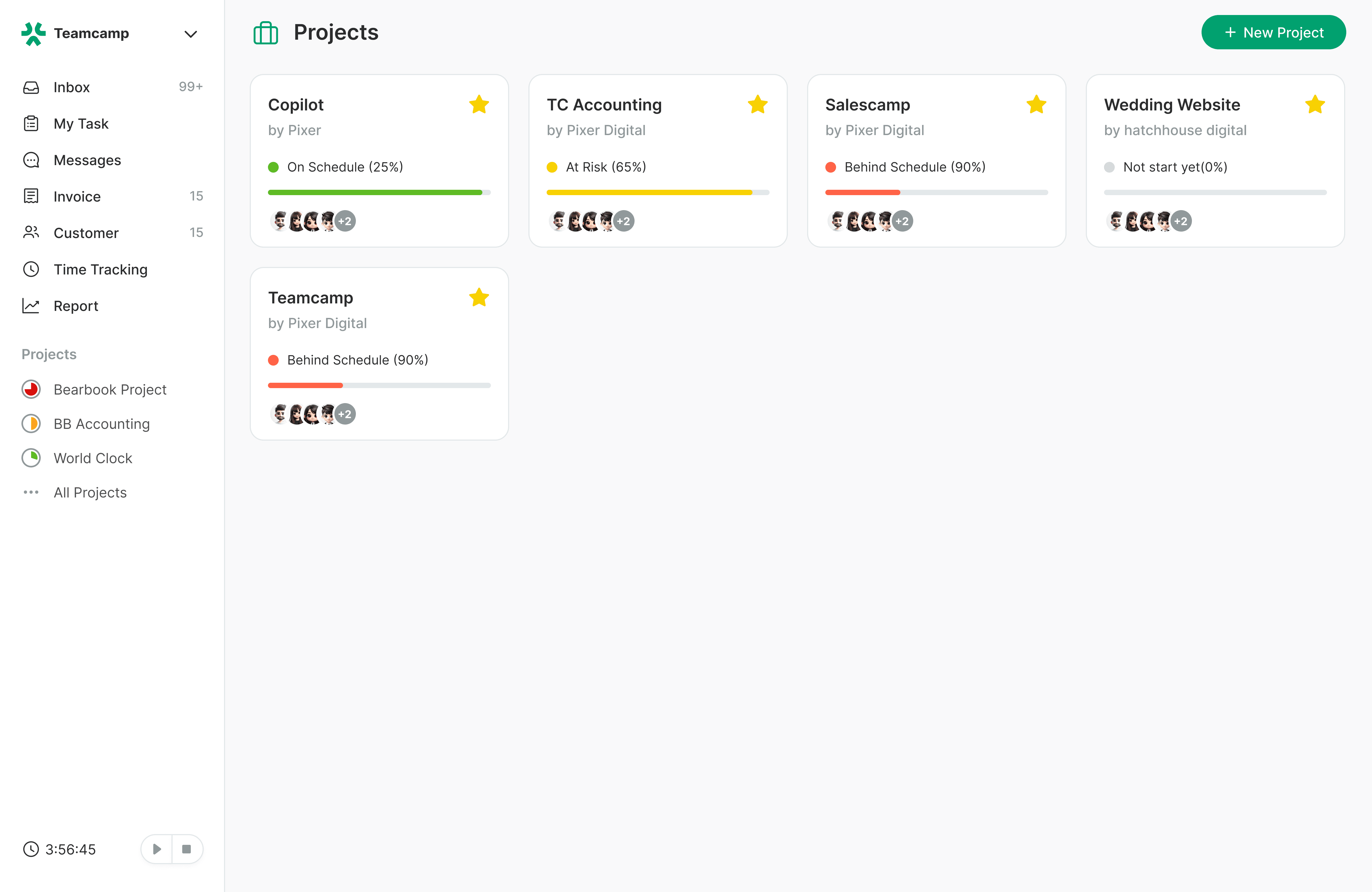Empower, Inspire, Lead: Key Strategies for Cultivating Leadership Skills
Introduction
Leadership isn't just about titles or positions but the ability to empower, inspire, and guide others towards a common goal. Developing leadership skills is a journey that leads to personal growth and professional success. In this comprehensive guide, we'll explore the core qualities of effective leadership and provide key strategies for cultivating these skills. Whether you're a seasoned leader or aspiring to become one, these insights will help you become an empowered and inspiring leader.
Understanding Leadership in Today's World
Defining Leadership
Leadership is a multifaceted concept that extends beyond traditional hierarchies. It's about influencing, inspiring, and guiding individuals or groups to achieve shared objectives. In today's world, leadership is vital in various contexts, from workplaces to communities and beyond.
The Evolving Role of Leaders
Leadership roles have evolved significantly over time. Today's leaders need to be adaptable and agile in dynamic environments. They must possess diverse skills, including emotional intelligence, effective communication, and problem-solving.
Core Leadership Qualities
Effective leadership begins with certain core qualities that set the stage for success. Let's explore these qualities in depth.
Empathy and Emotional Intelligence
Empathy is the capacity to comprehend and experience another person's feelings, is a cornerstone of effective leadership. It's closely linked to emotional intelligence (EQ), which encompasses self-awareness, self-regulation, motivation, empathy, and social skills. Leaders with high EQ tend to excel in interpersonal relationships and team dynamics.
Why Empathy Matters: Empathetic leaders create inclusive and supportive environments where team members feel valued and understood. They build stronger connections and foster trust among team members.
Practical Tips: Practice active listening, show genuine interest in other's perspectives, and validate their emotions. Promote open and truthful communication among team members.
Communication Skills
Clear and effective communication is essential for leadership. Leaders must convey their ideas, expectations, and vision to inspire and motivate others. This includes both verbal and non-verbal communication.
Why Communication Matters: Effective communication fosters transparency, reduces misunderstandings, and helps team members stay aligned with common goals.
Practical Tips:
Improve your public speaking skills.
Practice active listening,
Pay attention to non-verbal cues.
Tailor your communication style to your audience's preferences.
Decision-Making and Problem-Solving
Leaders often face complex challenges that require sound decision-making and problem-solving skills. These skills enable leaders to assess situations, make informed choices, and navigate obstacles effectively.
Why Decision-Making and Problem-Solving Matter: Effective decisions and solutions drive progress, resolve conflicts, and contribute to achieving goals.
Practical Tips:
Develop a structured decision-making process, seek input from team members, and consider your choices' potential outcomes and consequences.
Be open to feedback and learning from your decisions.
Strategies for Cultivating Leadership Skills
Over time, one may hone and improve one's leadership abilities.
Here are key strategies for cultivating these skills:
Continuous Learning and Self-Reflection
Leadership is a journey of continuous growth. Commit to lifelong learning by seeking opportunities for personal and professional development. Additionally, engage in self-reflection to identify areas for improvement.
Why Continuous Learning Matters: Staying curious and open to new ideas and perspectives keeps leaders adaptable and innovative.
Practical Tips:
Attend leadership workshops, read books on leadership,
Seek feedback from peers and mentors.
Keeping a journal may be a very useful practice for introspection.
Seeking Mentorship and Guidance
Mentorship is a powerful way to accelerate your leadership development. Experienced mentors can provide valuable insights, guidance, and support as you navigate your leadership journey.
Why Mentorship Matters: Mentors offer real-world wisdom, help you set goals, and provide constructive feedback.
Practical Tips:
Identify potential mentors in your network or industry.
Reach out to them and express your interest in learning from their experiences.
Establish a mentor-mentee relationship based on trust and mutual respect.
Taking the Initiative and Leading by Example
Leadership isn't limited to formal roles; it can be demonstrated at all levels of an organization. Take initiative to lead by example, showing dedication, integrity, and a strong work ethic.
Why Leading by Example Matters: When you lead by example, you inspire others to follow suit and set high standards for performance and behavior.
Practical Tips:
Volunteer for leadership opportunities, even small ones, within your team or community.
Consistently demonstrate the qualities you value in others, such as accountability and professionalism.
Empowering and Inspiring Others
Influential leaders empower and inspire their teams to reach their full potential. Let's explore strategies for achieving this.
Delegating Responsibilities
Delegating tasks and responsibilities is a fundamental aspect of leadership. It involves assigning appropriate tasks to team members while providing the necessary support and guidance.
Why Delegation Matters: Delegation enables team leaders to capitalize on the abilities and capabilities of their members, leading to greater efficiency and team development.
Practical Tips:
Understand your team members' strengths and weaknesses.
Assign them projects that suit their abilities and interests.
Provide clear instructions and expectations while allowing autonomy.
Recognizing and Celebrating Achievements
Acknowledging and celebrating the achievements of team members is a vital part of leadership. Recognition boosts morale, motivates individuals, and reinforces positive behaviors.
Why Recognition Matters: Recognition fosters a culture of appreciation and reinforces the value of contributions, encouraging team members to continue their efforts.
Practical Tips:
Regularly acknowledge and celebrate both minor and significant achievements.
This can include verbal praise, awards, certificates, or team events.
Ensure that recognition is specific and genuine.
Setting a Compelling Vision
Visionary leadership involves setting a clear and compelling vision for your team or organization. This vision provides direction and purpose, inspiring team members to work towards a shared goal.
Why Vision Matters: A compelling vision motivates and aligns team members, guiding their efforts and decisions. It serves as a roadmap for the future.
Practical Tips:
Collaborate with your team to create a shared vision that resonates with everyone.
Communicate this vision consistently, illustrating how each team member contributes to its realization.
Leading Through Challenges and Adversity
Leaders often encounter challenges and adversity. The ability to navigate these situations effectively is a hallmark of outstanding leadership. Let's explore strategies for leading through tough times.
Resilience and Adaptability
Leaders need to be resilient and adaptable in the face of adversity. Resilience allows individuals to bounce back from setbacks, while adaptability enables them to adjust to changing circumstances.
Why Resilience and Adaptability Matter: Resilient and adaptable leaders remain composed under pressure and are better equipped to find solutions in challenging situations.
Practical Tips:
Develop coping strategies to manage stress and setbacks.
Encourage a development mentality that welcomes change and learning.
Seek support from mentors or peers during challenging times.
Conflict Resolution and Team Building
Conflict is a natural part of any team or organization. Influential leaders possess conflict resolution skills for maintaining harmonious relationships and fostering a productive work environment.
Why Conflict Resolution Matters: Resolving conflicts constructively minimizes disruptions, strengthens team cohesion, and improves outcomes.
Practical Tips:
Listen actively to understand all perspectives involved in a conflict.
Promote open conversations and establish a secure environment for discussions.
Seek win-win solutions that address underlying issues.
Effective Time Management and Prioritization
Leaders often juggle multiple responsibilities and tasks. Effective time management and prioritization are essential for maintaining order and concentrating on the important things.
Why Time Management Matters: Efficient time management allows leaders to maximize productivity, meet deadlines, and make time for strategic thinking and decision-making.
Practical Tips:
Use time management tools and techniques like to-do lists, calendars, and time-blocking.
Set work priorities according to their urgency and significance.
Delegate tasks when appropriate to free up your time for higher-value activities.
Real-Life Leadership Success Stories
To illustrate the principles and strategies discussed, let's explore real-life leadership success stories from various fields and industries.
Leadership Case Studies
Case Study 1: Nelson Mandela
Nelson Mandela's leadership during South Africa's transition from apartheid to democracy is a shining example of visionary and empathetic leadership. His ability to forgive and reconcile with former oppressors inspired a nation.
Case Study 2: Elon Musk
Elon Musk's leadership in the space exploration and electric vehicle industries showcases visionary leadership. He sets ambitious goals and leads by example, driving innovation and change in the technology sector.
Conclusion
Cultivating leadership skills is an ongoing journey that requires dedication, self-awareness, and a commitment to personal growth. Influential leaders possess qualities like empathy, clear communication, and problem-solving abilities. They empower and inspire others, navigate challenges with resilience, and set compelling visions for their teams or organizations.
As you embark on your leadership development journey, remember that leadership is not defined solely by titles or positions but by your positive impact on others. By continuously refining your leadership skills and applying the strategies discussed, you'll be well on your way to becoming an empowered, inspiring leader who leads with empathy, vision, and resilience. Ultimately, your leadership journey will elevate your success and empower those you lead to reach their full potential.
Share :




